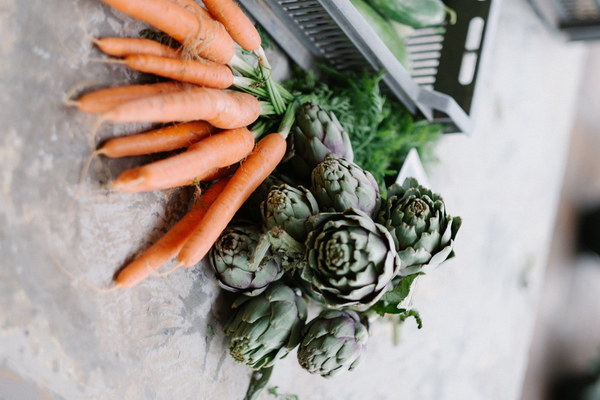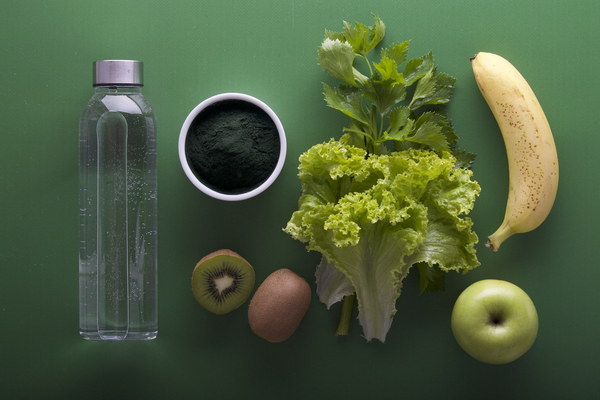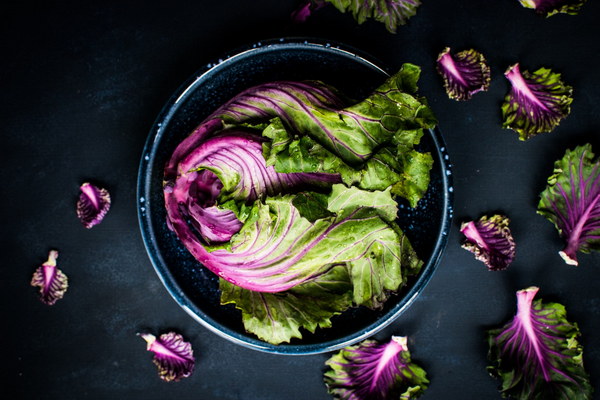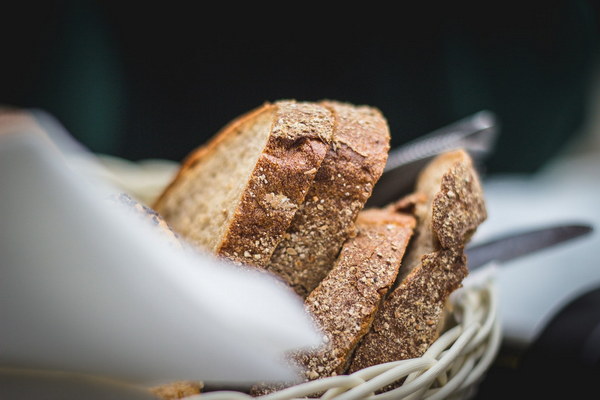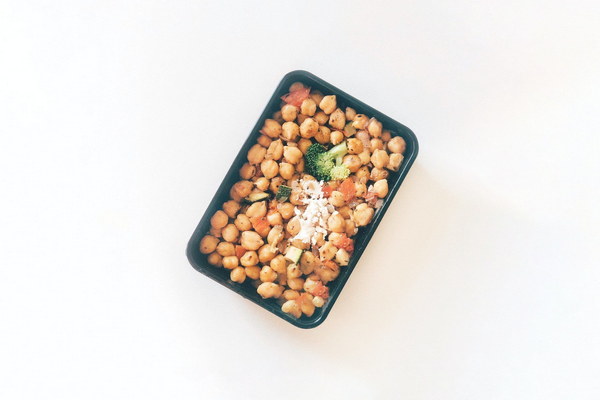Nourishing Foods for Knee Bursitis A Guide to Dietary Remedies
Knee bursitis, an inflammation of the bursae – small fluid-filled sacs that cushion the bones, tendons, and muscles at the joint – can be a painful condition. While medical treatments are essential, dietary changes can also play a significant role in managing the symptoms and promoting healing. This article will explore various foods and nutritional strategies that may help alleviate the symptoms of knee bursitis through dietary remedies.
1. Anti-Inflammatory Foods:
Inflammation is a key component of knee bursitis. Incorporating anti-inflammatory foods into your diet can help reduce the inflammation and alleviate pain. Some excellent choices include:
- Berries: Blueberries, strawberries, and raspberries are rich in antioxidants and have been shown to reduce inflammation.
- Green Leafy Vegetables: Spinach, kale, and Swiss chard are high in omega-3 fatty acids and vitamin K, which can help reduce inflammation.
- Fatty Fish: Salmon, mackerel, and sardines are rich in omega-3 fatty acids, which have powerful anti-inflammatory properties.
- Turmeric: This spice contains curcumin, a compound that has been shown to reduce inflammation and improve joint health.
- Ginger: Ginger has anti-inflammatory properties and can help reduce pain and swelling in the affected knee.
2. Protein-Rich Foods:
Protein is essential for repairing damaged tissues and promoting healing. Incorporating high-quality protein into your diet can support the recovery process. Some good sources of protein include:
- Chicken, Turkey, and Lean Pork: These meats are low in fat and high in protein.
- Fish: Fish like cod and tilapia are also excellent sources of protein.
- Legumes: Beans, lentils, and chickpeas are great plant-based protein options.
- Dairy Products: Greek yogurt and cottage cheese are high in protein and can also provide calcium and vitamin D.
3. Hydration:
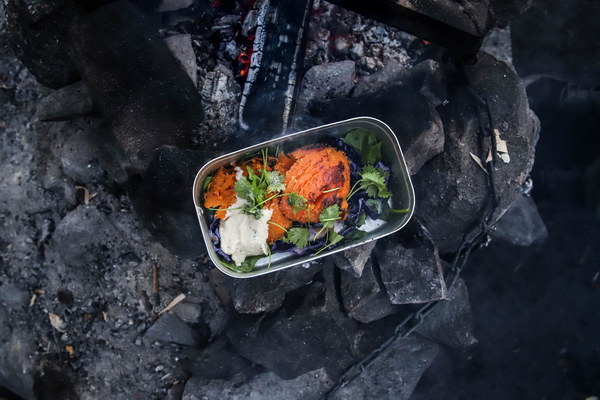
Proper hydration is crucial for joint health. Water helps maintain the lubrication of the joints and can aid in reducing pain and inflammation. Aim to drink at least eight glasses of water per day, and consider adding a slice of lemon or cucumber to your water for added flavor and nutrients.
4. Bone-Healthy Foods:
Knee bursitis can lead to weakened bones, so it's important to incorporate bone-healthy foods into your diet. These include:
- Dairy Products: Milk, cheese, and yogurt are excellent sources of calcium, which is essential for bone health.
- Leafy Greens: Spinach, kale, and collard greens are also rich in calcium and vitamin K, which helps with calcium absorption.
- Nuts and Seeds: Almonds, sunflower seeds, and chia seeds are good sources of calcium and vitamin D, which is important for bone health.
5. Foods to Avoid:
Certain foods can exacerbate inflammation and pain, so it's best to avoid them if you have knee bursitis. These include:
- High-Fat Foods: Saturated and trans fats can increase inflammation and should be minimized in your diet.
- Refined Sugars: Refined sugars can increase inflammation and contribute to weight gain, which can put additional stress on the affected knee.
- Alcohol: Alcohol can exacerbate inflammation and may interfere with the healing process.
By incorporating these dietary remedies into your diet, you can help manage the symptoms of knee bursitis and support your overall joint health. Remember, while these strategies may help, they should be used in conjunction with any medical treatment you are receiving for your condition. Consult with your healthcare provider before making significant changes to your diet.
